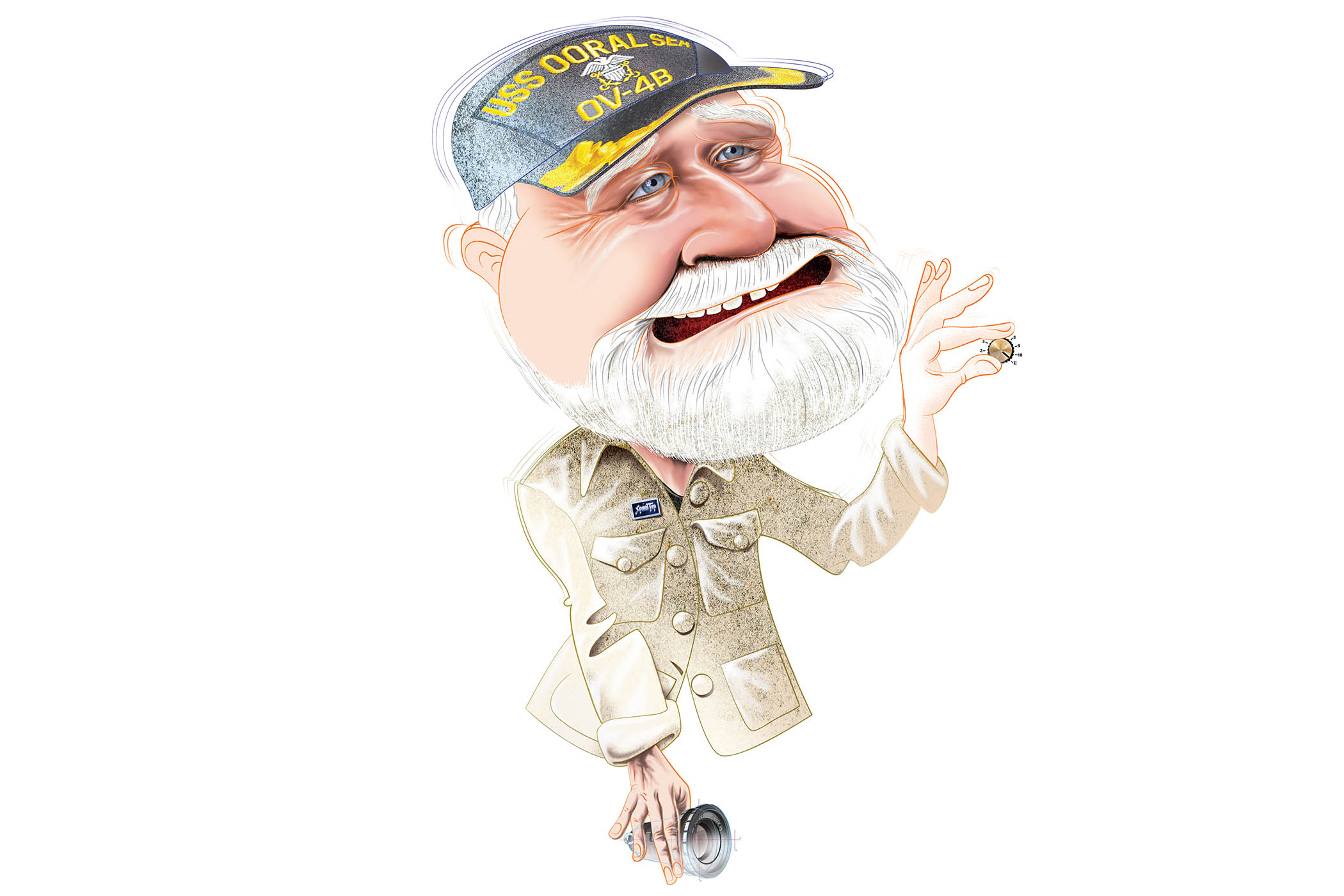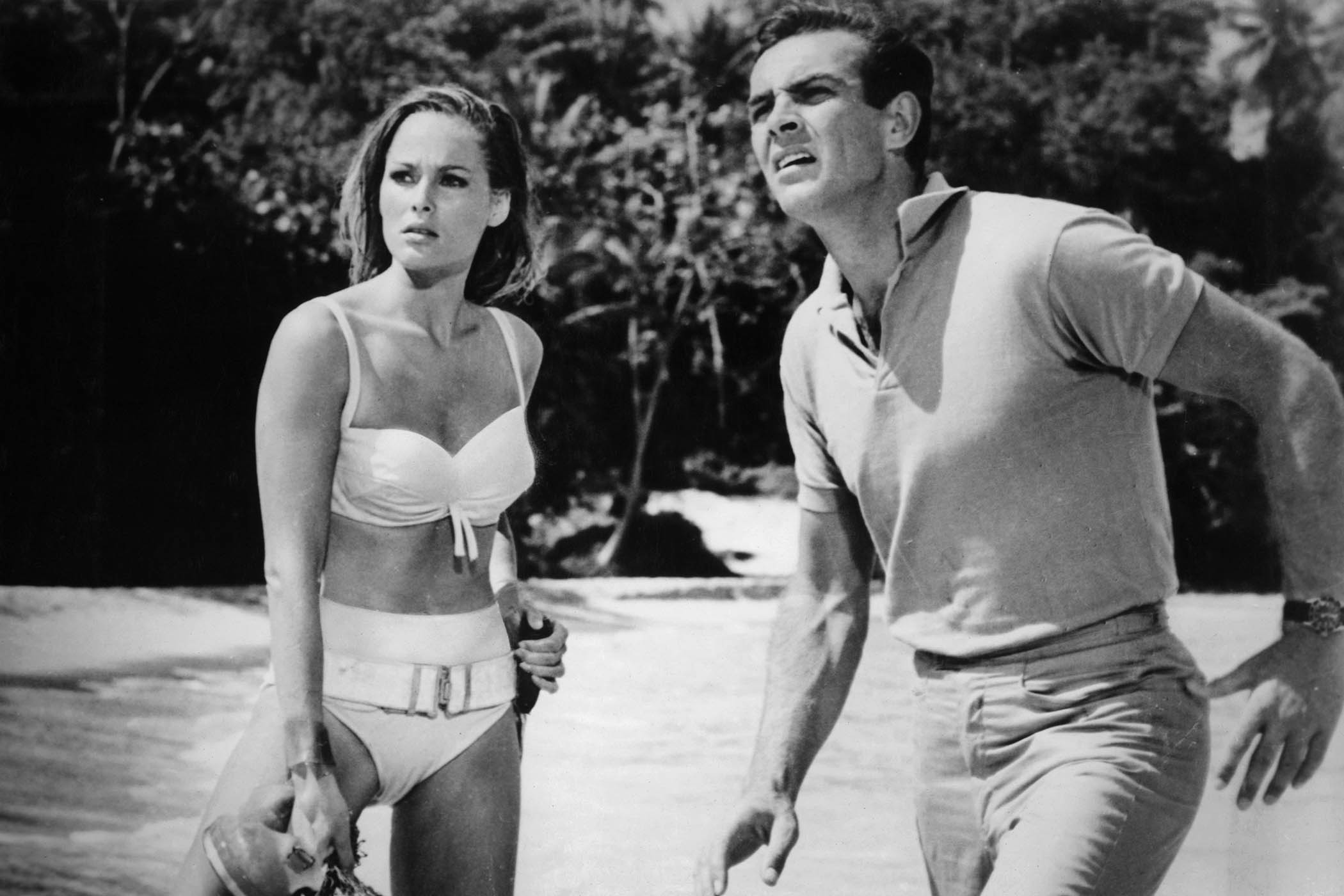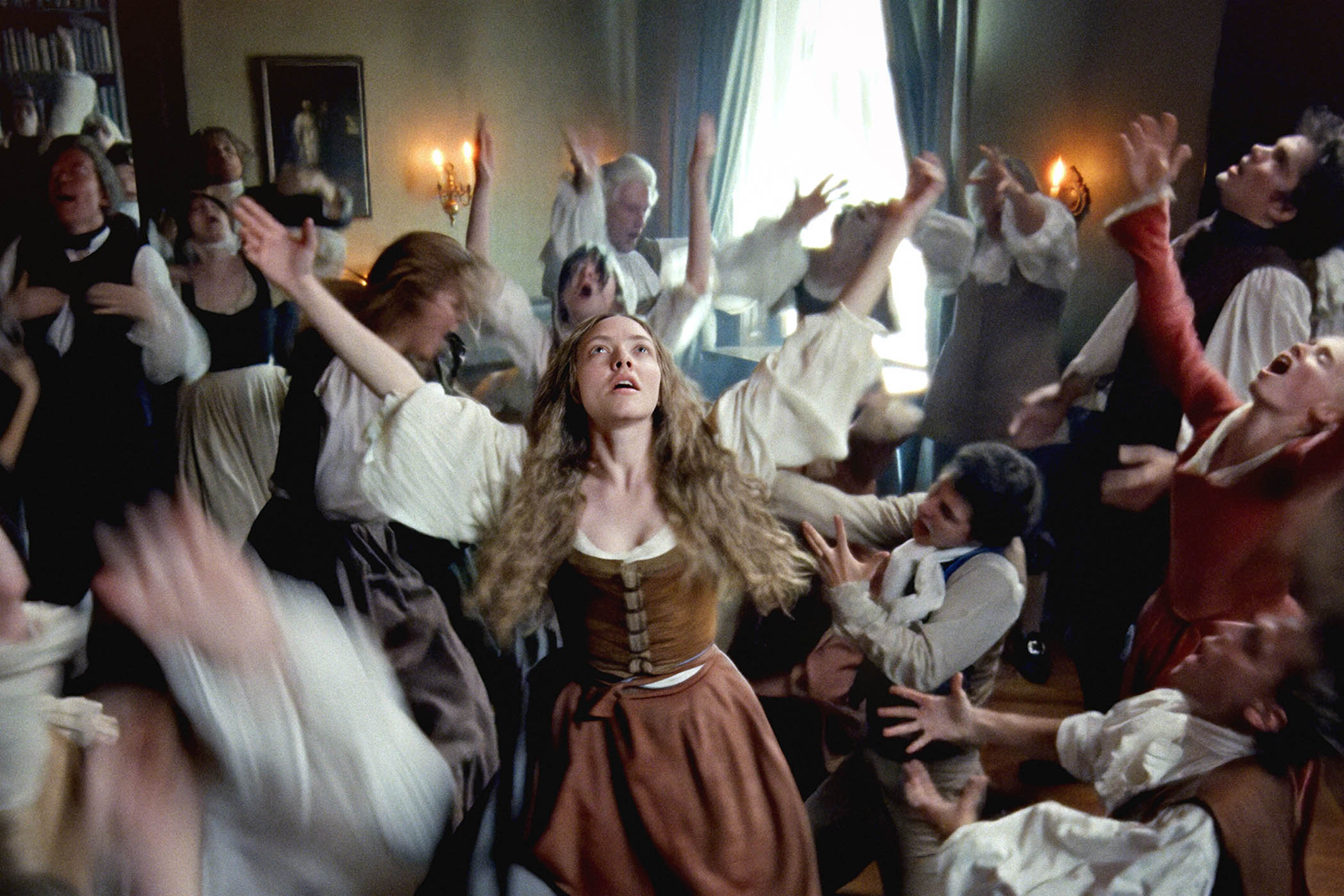Illustration by Andy Bunday
Next week sees the release of Spinal Tap II: The End Continues, some 41 years after This Is Spinal Tap, the mockumentary that brilliantly satirised rock star pretensions and the hagiographic documentaries that indulged them.
Although a low-budget production without any star names, the original film gradually established itself as a cult classic. In the years since, its distinctive style of awkward naturalism has become a comedy staple, adopted by countless films and TV shows, including The Office and Flight of the Conchords.
The director of both films is Rob Reiner who, at 78, has enjoyed one of the most active and diverse careers in Hollywood, without ever quite attaining the level of recognition his successes deserved.
The son of the comic actor turned screenwriter and director Carl Reiner, Reiner Jr grew up surrounded by some of America’s leading comedy figures. His father partnered Mel Brooks (their double act, The 2,000 Year Old Man, started as a party trick and became a comedy classic) and wrote for The Dick Van Dyke Show before going on to make his name as a director in a series of films starring Steve Martin.
The teenage Reiner also worked alongside Martin when he started out in the late 1960s as a writer on The Smothers Brothers Comedy Hour. Afterwards, he became well known for his role as Mike “Meathead” Stivic in the hugely popular sitcom All in the Family, based on the BBC’s Till Death Us Do Part (Meathead was the equivalent of Tony Booth’s liberal son-in-law character).
Impatient to measure himself against his father on the other side of the camera, he once told Howard Stern that he was so jealous of the relationship that his father formed with Martin – who changed the face of US comedy – that it sent him into therapy. The same year that Martin starred in Carl Reiner’s The Jerk (1979), the younger Reiner produced a satire on TV called The TV Show.
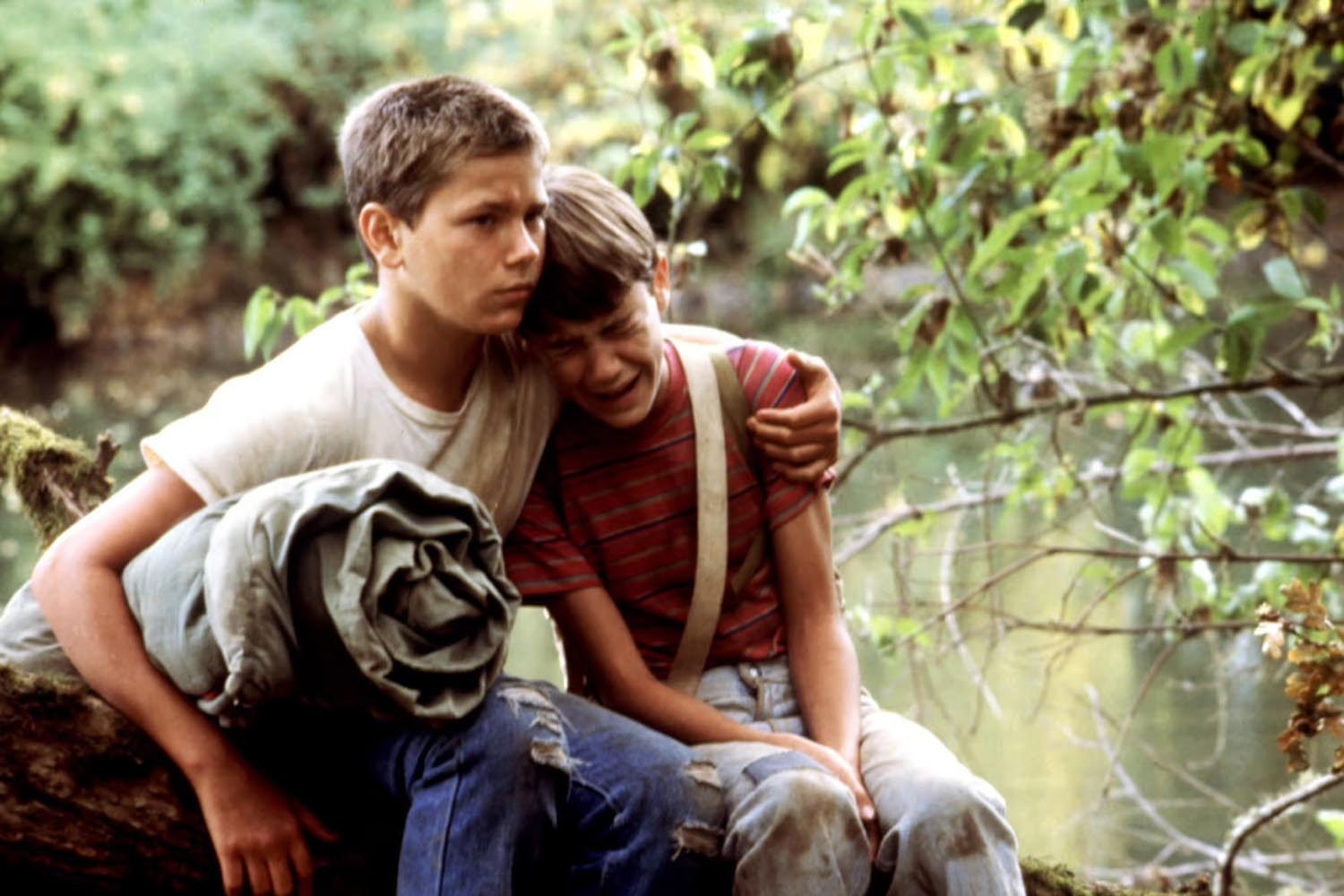
River Phoenix and Wil Wheaton in Stand By Me (1986).
In one episode Reiner played a DJ interviewing “England’s loudest band” Spinal Tap (Michael McKean, Christopher Guest and Harry Shearer). It was just a three-minute segment, but it sowed the seeds for the idea that would grow into the feature-length film starring the same trio five years later.
Reiner began shooting This Is Spinal Tap with a four-page treatment and one speech. Everything else was improvised. That it worked was a tribute to the cast’s on-the-spot creativity but also to Reiner’s collaborative working methods. Reiner himself played the documentarian Marty DeBergi – based on Martin Scorsese directing the documentary The Last Waltz. Scorsese was initially upset by the spoof but, according to Reiner, has since come to love it.
Nothing in the deadpan This Is Spinal Tap foreshadowed the extraordinary run of films that followed. The first was a smart teen romcom called The Sure Thing with John Cusack. A year later came Stand by Me, a wonderfully poignant adaptation of Stephen King’s novella The Body. It was the first piece of work that Reiner considered sufficiently distinct from his father’s sensibility to be authentically his own. Its surviving stars, Corey Feldman, Jerry O’Connell and Wil Wheaton, are reuniting this year on a tour to celebrate its forthcoming 40th anniversary.
Scorsese was upset by the spoof but, according to Reiner, has since come to love it
Scorsese was upset by the spoof but, according to Reiner, has since come to love it
Then in quick succession The Princess Bride, When Harry Met Sally, Misery and A Few Good Men arrived, each one a different genre and big box office and critical success – classics, even. Those first seven films may be unmatched in modern Hollywood history for their striking variety and confident execution (only The Sure Thing and When Harry Met Sally bear a generic resemblance to each other). Reiner seemed to hark back to a pre-auteur Hollywood, when directors often turned their hands to different genres without imposing a “signature style”. For Reiner, however, there was no shortage of autobiographical themes running through the disparate categories .
He was single when he made When Harry Met Sally, and his friend, the writer Nora Ephron, based her screenplay on Reiner’s anecdotes about looking for love. The happy ending only came about after Reiner met his second wife, the photographer Michele Singer, while making the film.
In Misery, he identified with the hero’s predicament of being trapped by his own success (in that case, an obsessive fan holds an author captive) because of his experience in All in the Family, when “everybody just wanted me to keep playing that part”. And in A Few Good Men, the Tom Cruise character is a young lawyer trying to throw off the legacy of a renowned father in the same profession. The moment when Cruise finally makes a confrontational courtroom stand spoke to Reiner’s own desire to escape Carl’s cinematic shadow.
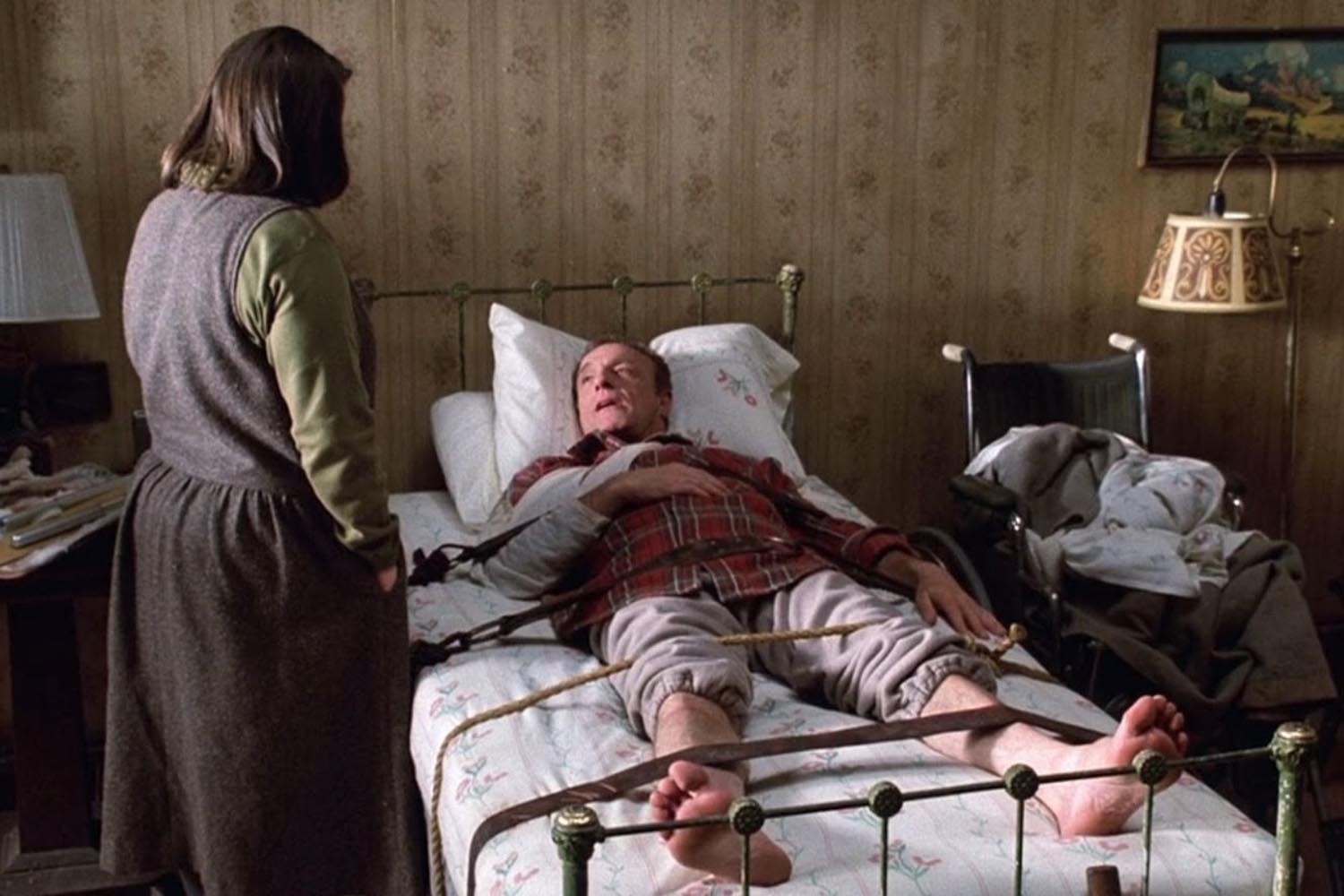
Kathy Bates and James Cann in Misery (1990).
In 1994, just when everything he touched appeared to turn to gold, Reiner directed North, an all-star adaptation of an Alan Zweibel novel that the film critic Roger Ebert described as “one of the worst movies ever made”. It was a box-office flop that heralded a dramatic fall-off in the quality of his output.
None of the 15 films Reiner subsequently made can compare with the deftness of tone and craftsmanship that characterised his first decade of directing. Instead, efforts such as The Bucket List, The Magic of Belle Isle and Shock and Awe have been almost universally adjudged sentimental or insipid. It’s as if his emotional dial, like Nigel Tufnel’s guitar amp, was turned up to 11, losing its subtlety and precision.
Some observers have suggested that Reiner initially got lucky with his writers and that the luck eventually ran out. This seems implausible, not least because a good script seldom survives a poor director, let alone seven times in a row. And several scriptwriters have paid testament to his creative sensitivity. William Goldman – writer of both the novel and the film The Princess Bride – called him “a wonderful listener”. And Stand By Me’s Raynold Gideon said he was “the most honest director we ever worked with”.
Newsletters
Choose the newsletters you want to receive
View more
For information about how The Observer protects your data, read our Privacy Policy
Others say that Reiner, an active Democrat and outspoken critic of Donald Trump (whom he has compared unfavourably with Harvey Weinstein), became increasingly sidetracked by politics. He is co-founder of the American Foundation for Equal Rights, which was instrumental in challenging California’s earlier ban on same-sex marriage, and has also been involved in supporting early child development and ecological initiatives in California. He recently told Rolling Stone magazine that Americans must continue to protest an effort to “take a 250-year democracy and turn it into an autocracy. We’re gonna have to fight like crazy to preserve this. Millions of people died so that fascism wouldn’t come to our shores, so that we’d preserve our democracy, and 80 years later, we’re faced with a possible fascist takeover.”
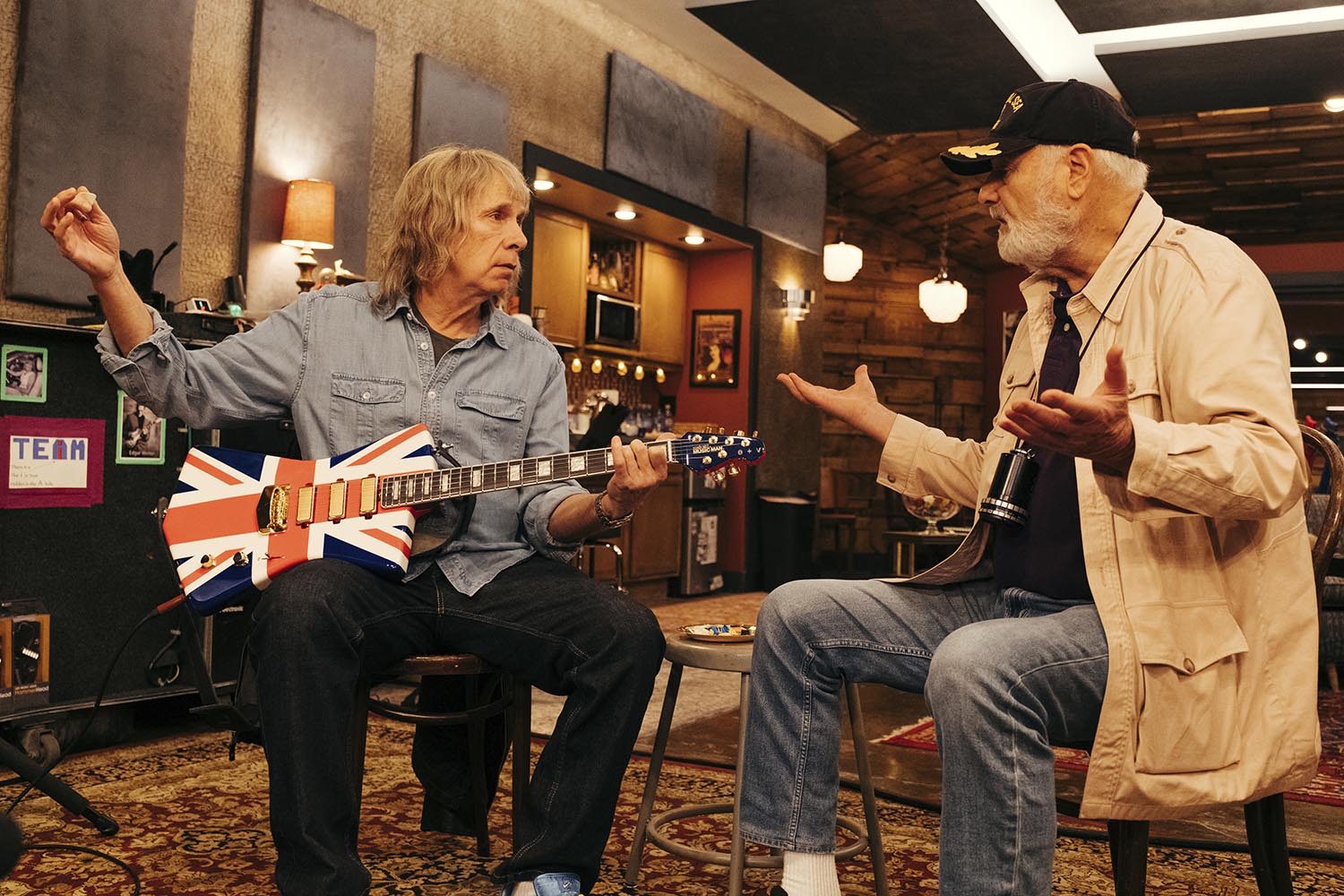
Christopher Guest and Rob Reiner in Spinal Tap II: The End Continues.
Perhaps the sudden loss of directorial form was no more or less than a hard-working film-maker running out of creative juice. Very few directors run up seven big creative and commercial hits over the course of a career – Reiner just happened to do his all in one stretch.
Will the missing muse return for Spinal Tap II? A trailer featuring cameos from Paul McCartney and Elton John was released in July and looked awkward in the wrong way. To recall one of the many zingers from This Is Spinal Tap, there is a fine line between stupid and clever. Let’s hope that after 50 illustrious years in the business, Reiner can still recognise the difference.
Spinal Tap II: The End Continues will be released in cinemas on 12 September 2025
Rob Reiner
Born 1947
Alma mater University of California
Work Film director, producer, screenwriter and actor
Family Wife Michele Singer, three children
